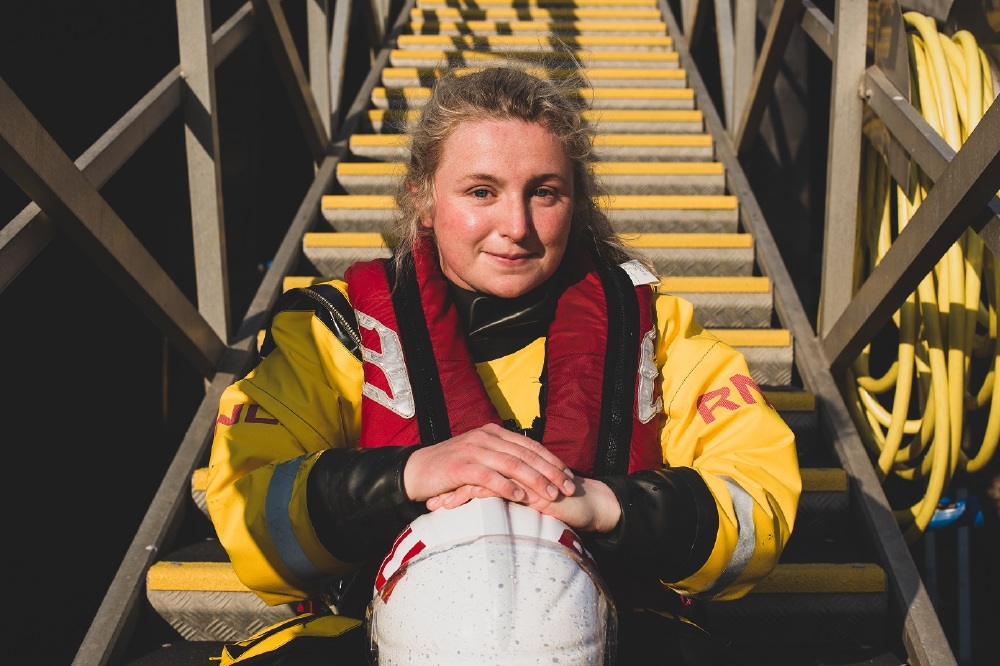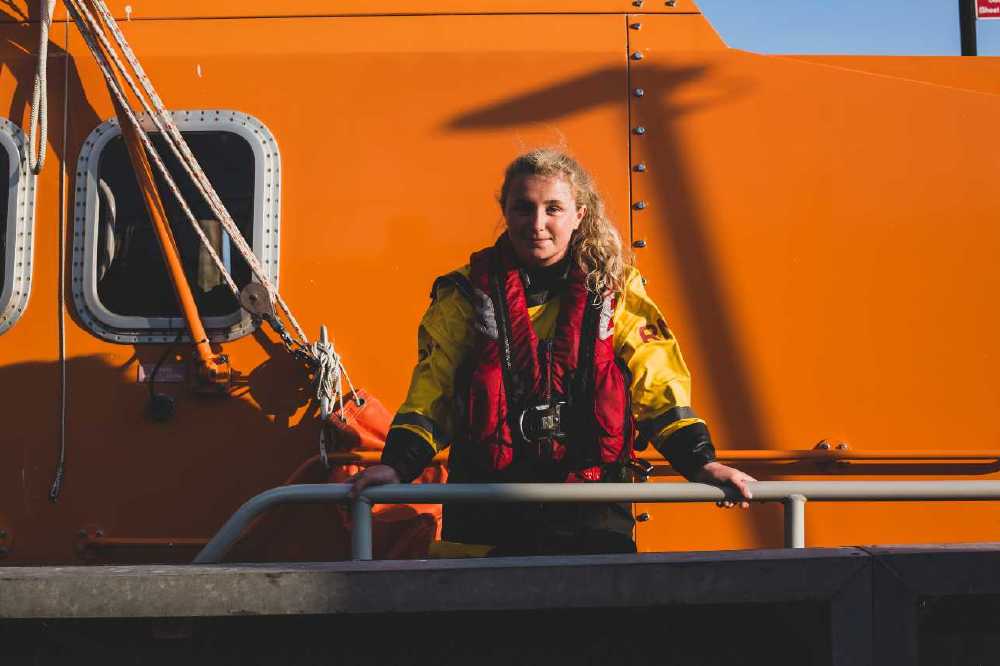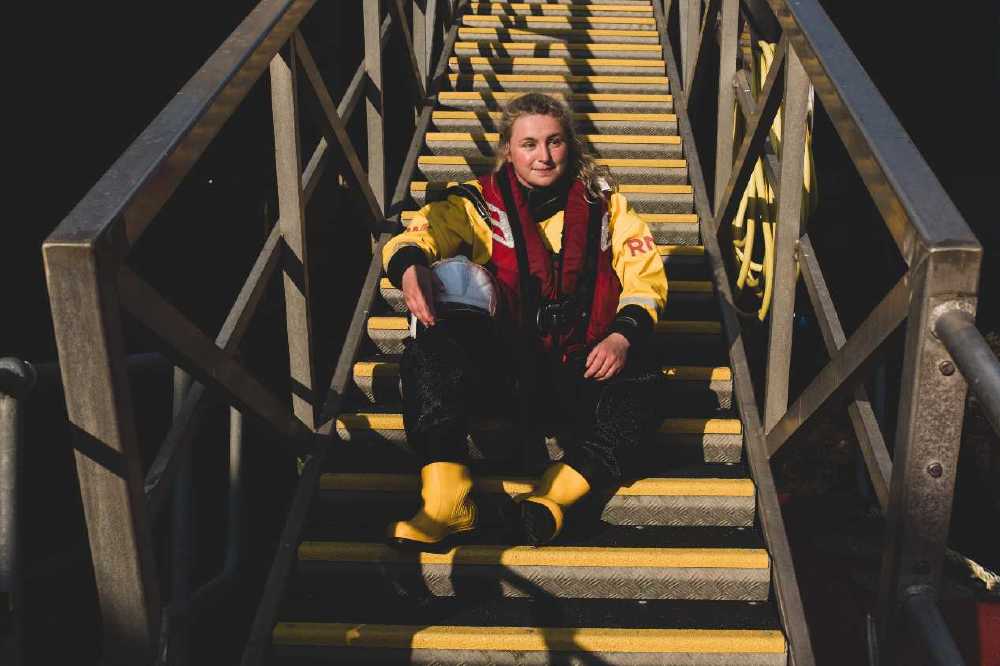By Lucy Roberts
The Jubilee bank holiday weekend is upon us, and people will be itching to get away, even if that means a staycation by the sea – but we’ll need to rely on the RNLI more than ever.

Leah Hunter, RNLI
Leah Hunter is a volunteer at Whitby Lifeboat Station, and she hopes to one day become an offshore paramedic and is one step closer to achieving that as she’s secured a place at university to study paramedic science.
Hunter spoke to Female First about why she wanted to start volunteering for the RNLI, revealed what the Mayday Mile is and explained how to keep safe in the sea over the four-day weekend.
Q) What attracted you to join the RNLI at 18?
A) I joined the RNLI at 18 because I wanted to help the local community in some way, and after witnessing the lifeboat attend a call out and helping a capsized rowing boat, I knew I wanted to join the crew.
Q) And you want to study Paramedic Science at uni, so why have you chosen that degree and is it something you've always wanted to do?
A) When I left college at 18, I thought about becoming a paramedic, because I love helping people, but I thought it was best to gain some first aid experience before going to university. During my time at the RNLI I have been involved with many medical shouts, one of which was featured on the latest series of the BBC2 programme Saving Lives At Sea. All the experience I have gained has helped me in securing a place at university. My aim is to become an offshore paramedic.
Q) What is it like to volunteer at Whitby Lifeboat Station?
A) I love being a volunteer at Whitby Lifeboat Station. When the pager goes off, we could be attending anything, such a people cut off by the tide, medical evacuations, towing a broken-down boat, capsizes, searching for a missing person, it really could be anything. That is why it is important for us to have intensive training and have all the necessary kit we need to help save lives at sea.
Q) What do you like to do in your free time?
A) In my (little) free time, I like to spend time with friends and family and go paddle boarding. Other hobbies of mine include photography, travelling, spending time at the beach and other water sports such as rowing and kayaking.

Q) What are your thoughts on the recent data which has revealed lifeboat crews and lifeguards saved more than one life every day last year?
A) This data really shows us how important the RNLI and why we need people to support us.
Q) Could you explain what the Mayday Mile is and how important it is to have fundraisers like that?
A) The RNLI is a charity, and us volunteers depend on your kindness to help save lives. When you take part in the Mayday Mile or sponsor other people, you are helping fund the intensive training and hard-wearing kit we need in an emergency. As the weather warms up, more and more people will need us. And that’s why we need you to help fundraise.
Anyone can take part in the Mayday Mile and help fundraise for the RNLI. You can walk it, run it, skate it or do it in wellies. Challenge yourself or challenge your friends. You can do your Mayday Mile anytime in May, wherever you want – on the beach, in the park, in the kitchen or your local swimming pool. More information can be found on the RNLI website. [RNLI.org/SupportMayday]

Q) What would your messages be to people looking to staycation around the coast for the upcoming May half term and Jubilee Weekend?
A) The sea can be dangerous and unpredictable. My advice for anyone who is visiting the coast is:
· Visit a lifeguarded beach
· Always check tide times so you do not get cut off.
· Keep away from cliffs (they may look stable, but cliffs can fall at any moment)
· Keep an eye out for local warning signs.
· If you are in trouble in the water, float to live.
· In an emergency dial 999 for the Coastguard (UK) or 112 for the Coast Guard (Ireland).
How to Float to Live
1. Fight your instinct to thrash around2. Lean back, extend your arms and legs
3. If you need to, gently move them around to help you float
4. Float until you can control your breathing
5. Only then call for help or swim to safety

